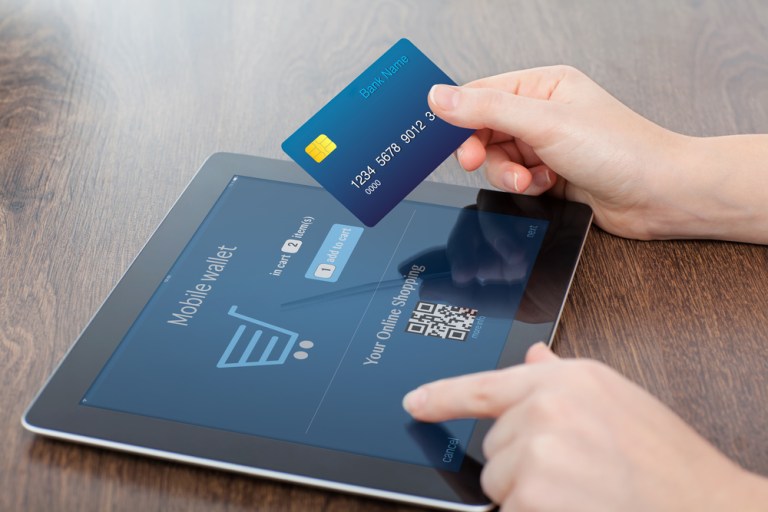Global Payments Industry Sees Surge In Acquisitions

Mergers and acquisitions in the global payments industry have hit record highs in 2018, especially in the payments technology market. Financial Times (FT) reported that there were 102 transactions worth a total of $46 billion in the first six months of 2018, according to data from Dealogic. That surpasses the full-year figure of $32.9 billion in 2017.
The reason for the surge comes down to the changing behavior of consumers, many of whom now prefer contactless payments and online shopping. In fact, data released last month showed cash is no longer the most popular form of payment in the U.K., while countries such as Sweden are on the way to becoming “cashless societies.”
Some merchants are also opting out of the cash game. Last month, Danny Meyer defended his restaurant group’s move to test out cashless transactions, saying that the decision was made for safety reasons, as well as improved efficiency for customers.
As for payments tech deals, PayPal made four acquisitions in May and June, ranging from a marketing technology business to a company that helps sellers prevent fraud. The company’s CEO, Dan Schulman, recently told investors that he wanted the company to become “an end-to-end, one-stop solution for digital commerce … we are increasingly not just being a checkout solution.”
Public markets have seen a rise in interest, with shares in Dutch group Adyen — which enables businesses to accept a range of payment types — doubling on its first day of trading after its IPO last month. In addition, PayPal’s shares have risen 60 percent over the past 12 months, while rival Square has increased more than 180 percent.
Private equity groups have also gotten in on the action, thanks to payments companies’ high cash flow and relatively asset-light businesses.
James Brocklebank, managing director at Advent International, said in FT, “Ten years ago, payments was sort of a boring utility which nobody cared about — it was just about finding the cheapest processing. Today, most merchants see their payment providers as really strategic partners because they can help them sell more.”